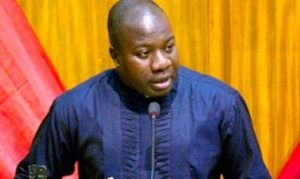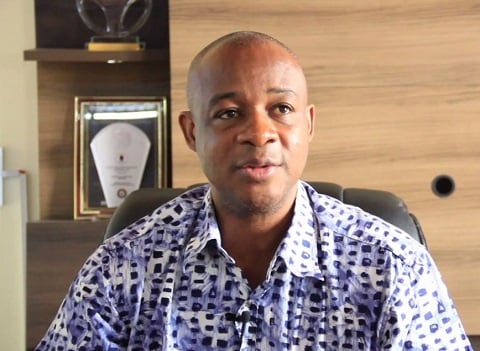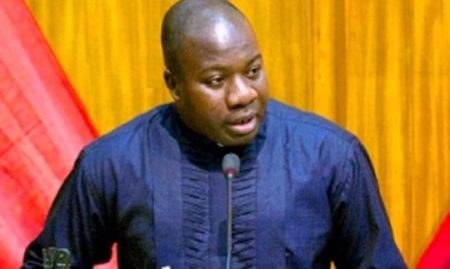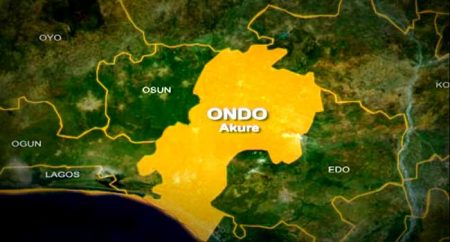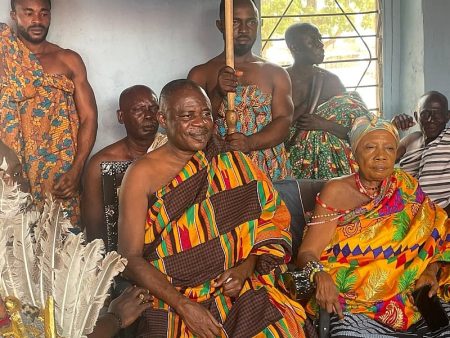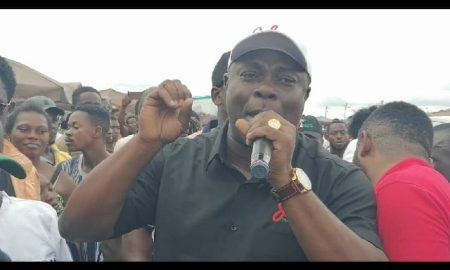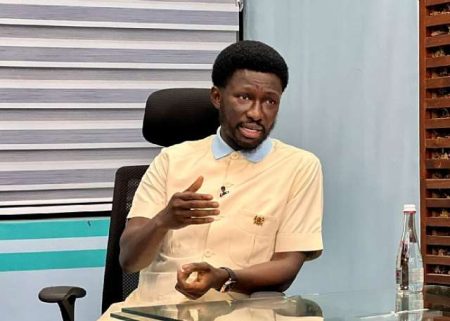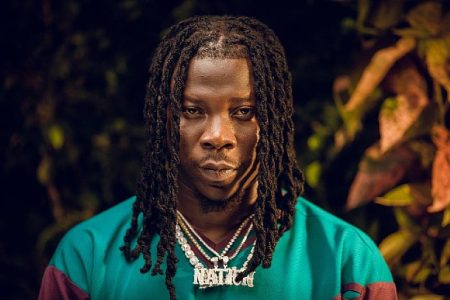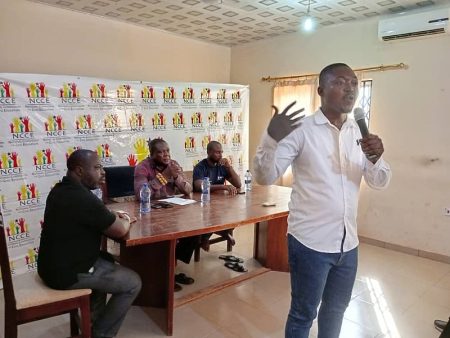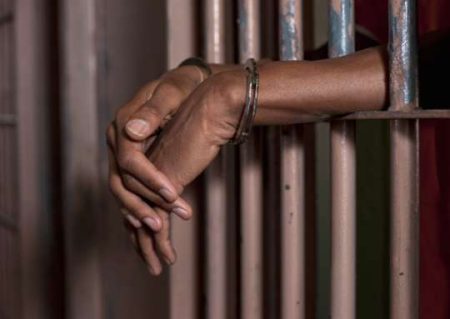In a recent democracy lecture series held in Accra, security analyst Dr. Adams Bonaa voiced strong objections to the deployment of military personnel at polling stations for the upcoming December 7 elections in Ghana. He emphasized that the Ghana Police Service is sufficiently equipped to manage electoral activities, suggesting that military presence should only be considered in emergency situations. Dr. Bonaa’s remarks resonated with the overarching theme of the event, which was organized by Care for Free and Fair Elections Ghana (Care Ghana) in collaboration with Friedrich Ebert Stiftung (FES). This series aimed to address the rising incidents of electoral violence and the inflammatory rhetoric emerging from high-ranking officials, focusing on measures to ensure the conduct of peaceful and transparent elections in December 2024.
Dr. Bonaa spotlighted the issue of vigilante groups, asserting that following the introduction of the Vigilantism and Related Offences Act in 2019—an effort aimed at disbanding such groups—there has been an alarming increase in their numbers, from an initial count of around 20 to an estimated 72 today. This rise not only indicates a failure in enforcing the law but also suggests a worrying trend where individuals affiliated with these groups have ingratiated themselves within various security services, adopting new roles behind the guise of formal uniforms. Dr. Bonaa remarked that many of these individuals, despite their past violent actions, are often promoted, thus perpetuating a cycle of impunity and insecurity within the very institutions meant to safeguard democracy.
The implications of vigilantism extend beyond individual safety, as highlighted by Prof. Alidu Seidu, Head of the Political Science Department at the University of Ghana, Legon. He argued that vigilantism inherently threatens the democratic process by instilling fear among voters, which can lead to significant disenfranchisement. When citizens feel their physical safety is jeopardized, their willingness to participate in elections diminishes drastically, undermining the electoral process itself. Prof. Seidu further traced the roots of vigilantism to a profound mistrust among political elites, who often resort to establishing their own security apparatuses rather than relying on official law enforcement agencies.
Providing additional context to the ongoing challenges facing Ghanaian democracy, Dr. Samuel Ofosu Ampofo, a former Chairman of the National Democratic Congress (NDC), advocated for a clearer distinction between legitimate internal party security and problematic vigilante behavior. He emphasized that internal security should consist of professionally trained personnel whose role is to protect party interests without resorting to violence or intimidation. Dr. Ampofo reflected on past practices of vetting returning officers for electoral integrity, expressing concern that the current state of recruitment lacks the necessary scrutiny and oversight that is paramount in maintaining trust during elections.
Delving into the measures needed to counteract the burgeoning issue of vigilantism, Dr. Bonaa implored voters to exercise discernment in choosing leadership—advocating for accountability as a fundamental criterion in electoral decision-making. In his view, the shift toward more accountable governance is essential for restoring public faith in democratic systems. He further urged the judiciary to fulfill its role impartially, asserting that lack of judicial transparency could exacerbate public disillusionment and foster an environment ripe for civil disobedience.
The discussions from this democracy lecture series underscore the critical intersection of security, electoral integrity, and participatory democracy in Ghana. By fostering dialogue on these pressing issues, organizers like Care Ghana and FES aim to galvanize civil society engagement and inform policy discourse leading up to the December 2024 elections. Addressing electoral violence, embracing accountability, and ensuring transparent governance appear as paramount strategies necessary to fortify Ghana’s democratic foundations and guarantee that the upcoming elections are conducted in a peaceful and fair manner.


